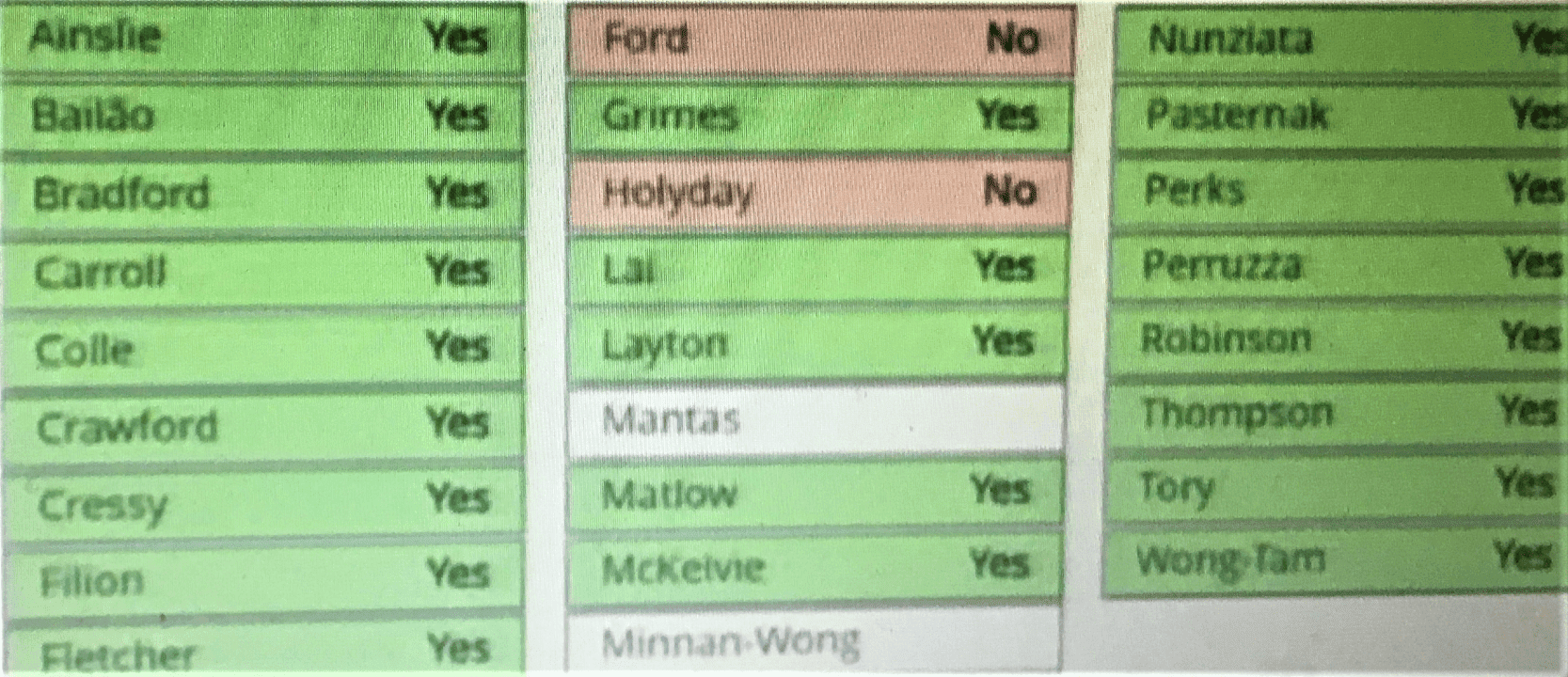I recently heard an interview on As It Happens with Phillipe Sands, a University College London law professor and co-chair of a legal panel that drew up a draft definition of 'ecocide' intended for the International Criminal Court. #ecocide #law
A panel of 12 experts from the Stop Ecocide Foundation came up with a legal definition of ecocide, and are calling on the International Criminal Court (ICC) to adopt it.
The draft law defines ecocide as "unlawful or wanton acts committed with knowledge that there is a substantial likelihood of severe and widespread or long-term damage to the environment being caused by those acts."
"I think the zeitgeist right now is to recognize there is a gap, and the international criminal laws, as such, need to focus not only on human beings, but on the environment on which we are so very dependent," panel co-chair Philippe Sands, a law professor at the University College London, told As It Happens guest host Duncan McCue.
We need a definition that will encompass destructive acts like nuclear accidents, oil spills and deforestation, while not punishing regular people for everyday activities like driving to work and heating their homes,.
The ICC is made up of 123 member states, including Canada. Two-thirds of those countries would have to ratify the amendment to add the crime of ecocide.
The global community hasn't recognized any new international laws since the prosecution of Nazis at the Nuremberg trials of 1945.
The ICC is limited in scope. It can only investigate and prosecute crimes committed within member states, committed by nationals of member states, or crimes referred to the court by the United Nations Security Council.
And it can only prosecute individuals, not governments and corporations, which are responsible for some of the world's greatest environmental disasters.
However it can still prosecute a CEO of a corporation or Government employee, who willfully ignores the climate risks of their actions much like tobacco senior executives have been prosecuted for knowingly causing harm.
At the moment, corporations that cause ecological devastation through deforestation, mining, oil drilling or other industrial-scale ventures typically only face financial penalties, leaving chief executives and other powerful decision-makers immune to criminal prosecution.
The ecocide campaign challenges that, threatening to rank them among war criminals and thereby providing a potent deterrent.
Corporate credibility, investor confidence, share price and so on depend very heavily on reputation. So a key decision-maker in a company being thought of alongside war criminals is not appealing at all.
The wording of the proposed law defines ecocide as …
"Unlawful or wanton acts committed with knowledge that there is a substantial likelihood of severe and either widespread or long-term damage to the environment being caused by those acts”.
Any of the ICC’s 123 member states can propose it as an amendment to the court’s charter, known as the Rome Statute. Then the court's assembly vote on whether the amendment can be considered for future enactment. If that vote passes the member states require two thirds of the member states to support the new law into the Roman Statute.
After that the member states can ratify the law into their own jurisdictions.
At that point, ecocide would join genocide, crimes against humanity, war crimes and the crime of aggression as the so-called “fifth crime” that could be prosecuted at the ICC.


Comments
Post a Comment